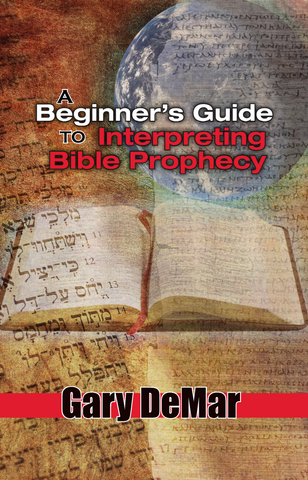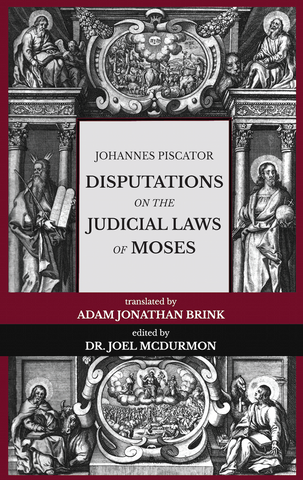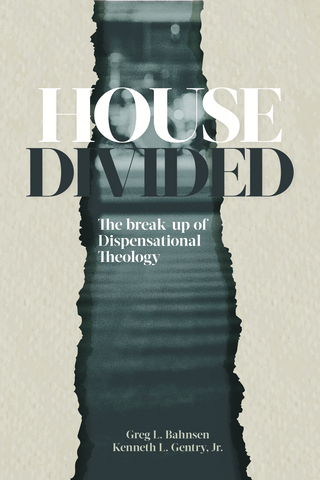$10.00 $25.00
The Olivet Discourse is not a tacked-on sermon by Jesus. It serves as a necessary conclusion to His ministry and warning to Israel and the prelude to the Passion Narratives that follow.
While many commentators argue in terms of historical fulfillment by appealing to sources like The Jewish War by Flavius Josephus (c. 37–100) (not in itself wrong), an eyewitness to the destruction of the temple and judgment on Jerusalem in AD 70, Jordan concentrates on the biblical literary connections. He does this by putting Matthew 23–25 in the full context of Matthew’s gospel and the rest of the Bible. This way, the forest can be seen within the context of the trees.
Those who first read Matthew’s gospel only would have had as an interpretive reference what we describe as the Old Testament. They were living the history that Jesus said would take place before their generation passed away. They would have immediately noted the Old Testament parallels with the abomination of desolation (Matt. 24:15; Dan. 9:27), the judgment on Sodom and fleeing to the mountains to escape the coming conflagration (Matt. 24:16; Gen. 19:17), false prophets (Matt. 24:24; Jer. 14:14), signs in the sun, moon, and stars (Matt. 24:29; Isa. 3:10; 24:33; Ezek. 32:7; Amos 5:2; 8:9; etc.), the Son of Man coming on the clouds of heaven (Matt. 24:30; Dan. 7:13), and so much more.
Jim Jordan’s Matthew 23–25: A Literary, Historical, and Theological Commentary is truly a biblical-theological approach to interpretation, using the Bible to interpret the Bible. He shows that the Bible is the best interpreter of itself.
"In this book, James Jordan brilliantly unlocks the chiastic structure, not just of the title passage but of the whole book of Matthew. He shows how the central hinge on which the book is structured is the decision by the Pharisees in Matthew 12:14 to kill Jesus—the center through which all the themes cross is the decision to send Jesus to the cross. The cross is the crux of the book.... With the publication of this book, the ball is now in the court of the futurists. Jordan’s meticulous, detailed treatment of these passages requires either an equally detailed rebuttal or else acceptance." -from the Foreword by Jerry Bowyer
James B. Jordan is an American Protestant theologian and author. He was the director of Biblical Horizons where he published books, essays, and other media dealing with Bible commentary and biblical theology. Jordan attended the University of Georgia where he received a Bachelor of Arts degree in comparative literature. He earned a Th.M. from Westminster Theological Seminary and a D. Litt. degree from the Central School of Religion for his dissertation on the dietary laws of Moses. He also served as head of the Department of Biblical Studies at the Biblical Theological Seminary, St. Petersburg, Russia.
Paperback, ePub or PDF Download; 276 pages


as low as $10.00 $15.00
For many Christians, interpreting Bible prophecy is a complicated task. As a result, they often turn to so-called Bible experts and complicated charts that include gaps in time, outrageous literal...


as low as $10.00 $25.00
Johannes Piscator (1546–1625) may not be a household name today, but that is hardly for want of an international, multi-generational legacy. His clear and firm stance on God’s justice as...


as low as $10.00 $25.00
The book that started a revolution. Bahnsen and Gentry stir the hornet's nest with this comprehensive refutation of Dispensationalism. The two pillars of law and eschatology are dealt with evenly,...


as low as $19.95 $25.00
In 2019, President Donald J. Trump, commissioned a group of 18 prominent historical experts, intellectuals, and college professionals to produce The 1776 Report. The goal was to refute the Left's...